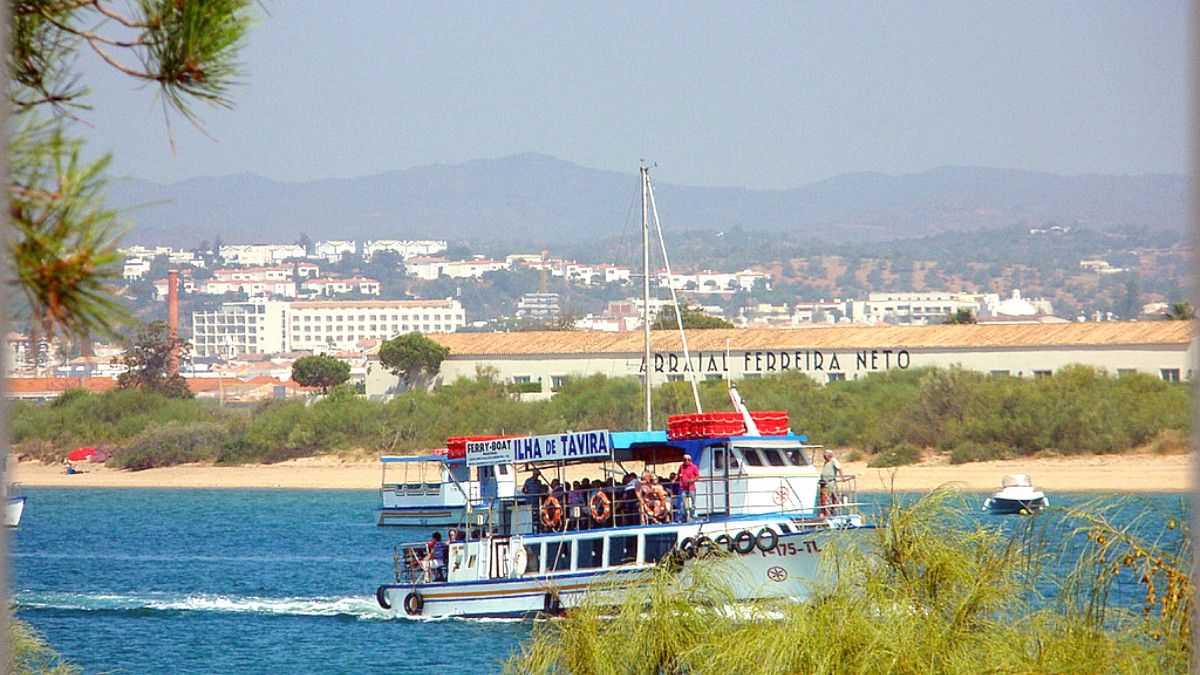
The Algarve, Portugal
Tavira does not have a metro or tram system. Local bus services connect the town center with surrounding areas, including routes to Cais das Quatro Águas (for the ferry to Tavira Island), Conceição, and the nearby village of Cabanas.
Tavira's regional train line, operated by CP (Comboios de Portugal), runs along the coast, connecting Tavira to Faro in the west and Vila Real de Santo António in the east. Trains offer a reliable way to reach neighboring towns.
For exploring central Tavira, walking often proves the quickest and most enjoyable way to navigate and discover hidden corners.
For destinations slightly outside the center, check bus or train schedules in advance, especially for evening or weekend travel, as services may be less frequent.
Public buses and older trains may have limited accessibility. Tavira's cobbled streets and inclines present challenges for mobility issues.
Valid license, IDP (non-EU), credit card for deposit. Book in advance for best rates.
Available in Tavira. Requires specific license. Helmets are mandatory for safety.
Shops offer hourly, daily, or weekly rates. E-bikes are available for easier rides.
Tuk-Tuks offer guided tours of Tavira's historic center and nearby areas.
Tavira's layout promotes walking and cycling as enjoyable ways to experience the town's charm and natural surroundings.
Drive on the right. Seatbelts are mandatory. Mobile phone use is illegal unless hands-free. Strict drink-driving limits.
Major motorways are well-maintained. Secondary roads are generally good but can be narrower and winding in rural areas.
Parking in central Tavira can be challenging. Paid parking lots are available outside the historic center.
Driving in Portugal offers flexibility. Ensure you meet all requirements and understand local driving norms.
The main bus terminal is conveniently located near the city center, making it a central point for local and intercity connections.
Services may be reduced on weekends and public holidays.
Tavira train station is slightly east of the city center, about a 10-15 minute walk from the Roman Bridge area. It offers basic facilities.
Regional trains run roughly hourly during daytime hours.
Cais das Quatro Águas serves as the main ferry terminal for accessing Ilha de Tavira. A seasonal ferry operates from the town center in summer.
From Cais das Quatro Águas, local buses or taxis reach the town center.
Tavira's compact size and pedestrian-friendly areas make walking the main mode of transport for exploring the historic core.
For longer distances or specific needs, a mix of local buses, regional trains, taxis, or bicycle rentals offer versatile options.